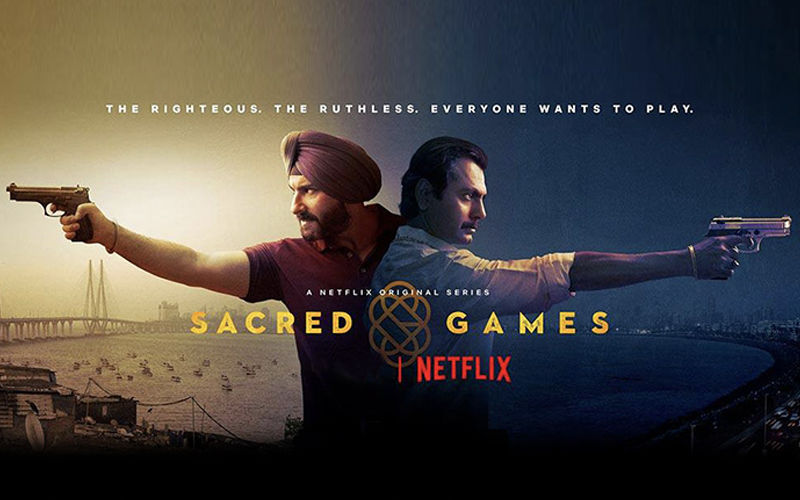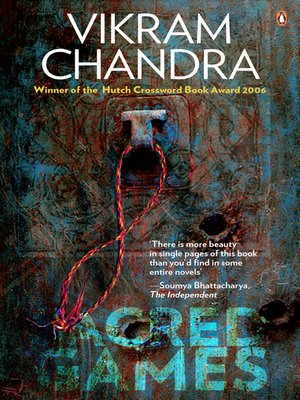

When an ambitious local "social worker" requests help with a rival, Singh takes his money and beats up the target as requested. Singh is a good detective, like his venerated father was, but he's no angel.

He starts with a character from his previous work Love and Longing in Bombay, Inspector Sartaj Singh, a middle-aged divorcee whose career is as stagnant as his love life. It was in the 90s, of course, with a lovely sense of dramatic timing, that both India and Pakistan announced they had developed thermonuclear weapons.Īll this is the warp and weft of Sacred Games, and worth knowing because some of Chandra's plot twists might be considered improbable if they had not already happened in real life. For a few, that raised the possibility that Kali might need a helping hand: let's push the apocalypse forward a little. The age of Kali, people said, was coming to an end.

All that tinseltown glamour and fresh blood on the streets was feeding ancient beliefs about the illusory nature of life. Hindu extremists were marching into the higher reaches of political power while even ordinary folk muttered darkly about all this chaos and violence being inevitable, perhaps necessary. The big wheels of Indian society were turning. His rival, Arun Gawli, a Hindu and one-time milkman, had himself esconced in a mid-town fortress, surrounded by henchmen - I visited him there myself - and was starting, rather disturbingly, to talk of religion and tradition. One Muslim gang boss, Dawood Ibrahim, was said to be behind the terrorist bombings of 1993. That in itself would have given Vikram Chandra a good set-up for his latest novel. Mumbai, it seemed, was living through a gangland glory period, like Chicago in prohibition days. Violence, intimidation, money-laundering and corruption had become the norm while the dons became newspaper celebrities, revelling in their power and glamour. A film star was charged with conspiring to blow up the Mumbai Stock Exchange, gorgeous starlets were caught snuggling up to mafia dons, and black money was rumoured to be behind mega-budget productions. One of the nastiest surprises was the degree to which organised crime had become entangled with the dream factory of Bollywood. The unfolding saga revealed a nexus of corrupt relationships, violence and sexual shenanigans that would make a stone god blush. Drawing inspiration from the classics of nineteenth-century fiction, mystery novels, Bollywood movies and Chandra's own life and research on the streets of Mumbai, Sacred Games evokes with devastating realism the way we live now but resonates with the intelligence and emotional depth of the best of literature.Back at the end of the last century, an enormous scandal hit the Indian city of Mumbai. Vikram Chandra's keenly anticipated new novel is a magnificent story of friendship and betrayal, of terrible violence, of an astonishing modern city and its dark side.

When Sartaj gets an anonymous tip-off as to the secret hide-out of the legendary boss of G-Company, he's determined that he'll be the one to collect the prize. But "the silky Sikh" is now past forty, his marriage is over and his career prospects are on the slide. Vikram Chandra's novel draws the reader deep into the life of Inspector Sartaj Singh-and into the criminal underworld of Ganesh Gaitonde, the most wanted gangster in India.Sartaj, one of the very few Sikhs on the Mumbai police force, is used to being identified by his turban, beard and the sharp cut of his trousers. Seven years in the making, Sacred Games is an epic of exceptional richness and power.


 0 kommentar(er)
0 kommentar(er)
